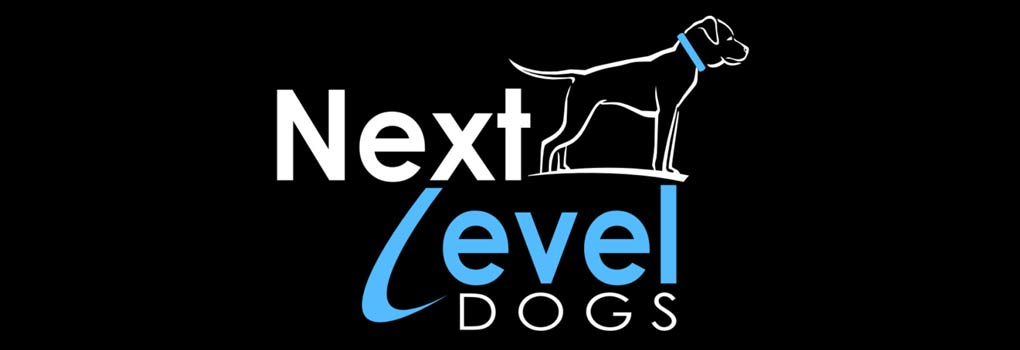Written by Ashley Majetic of Steel City Weight Pull Club:
When I first got started in weight pull, I received several pieces of advice from many trainers, and competitive weight pullers. Some of that information came without prompting from random people online, or from folks who read on a forum somewhere that in order to have the “best dog”, I needed to make sure… blah, blah, blah. The best piece of advice I have received came from a woman who has been in the game for a long time, (30+years) and very well respected. She told me to “ always be patient, and don’t rush. It takes time and it always has to be fun.” Now, I know what you are thinking… that doesn’t seem like the most inspiring piece of advice, but the more I worked with my dogs, other owners and their dogs, I think this is probably the MOST pertinent piece of advice that applies to a lot more than just the sport of weight pull. You see, this month will be exactly one year since I officially started running a weight pull class that ultimately turned into a club sort of thing. I’m so proud of the work that the owners have been putting in and the results they are getting is truly inspiring, even to me! As much as I would love to say that I’m the “instructor”, the truth is- they are still teaching me. They have taught me what it means to be patient when helping a dog gain trust, grow into their own level of self-confidence and learn a new skill, while having fun. It’s pretty awesome to sit and look at some of these dogs and their owners now, compared to where they started. The dogs in my classes aren’t your typical “weight pull” dogs. They aren’t dogs that come from championship lines, whose mother and father have weight pull in their “blood”. In fact, almost half of them are from shelters that have battled issues with fear and trust, as well as severe behavior issues. To tell you the truth, those are the dogs I enjoy working with the most. The owners all came in with varying reasons as to why they wanted to participate. Some wanted to compete, while others just wanted something “fun” to do. I currently have a few students who just want to focus on drag work to help with building muscle and endurance. Regardless of their personal goals, I preach the idea of patience to them. It’s easy to get swept up in wanting to be “good”, and once that happens you can lose sight of the small victories that occur throughout the training process. I believe that same advice to be solid in any aspect of training. Whether you are into high level obedience, agility, K9 nose work, tug work, or weight pull… Instant results sometimes aren’t the most effective in the long run. I could easily take a brand new dog, and place it on a heavy cart, and make them pull some ridiculous amount of weight, simply to prove a point or keep the owners coming back to my classes. What I want as their teacher, are for my students to get the same joy out of weight pull that I do, which isn’t always competition. I want to see them going out and spending time with their dog, learning to advocate on their behalf, enjoying their new found sport together, wherever that journey takes them. The other portion of that “advice” is to keep it fun. Every class of mine is focused on this principle, and again, my students have now gone off and are competing in weight pull competitions. They love to train and to compete. They are enjoying this entire process- and the benefits have spilled over into other areas and aspects of their lives. It’s truly amazing to watch these dogs and their handlers. So, what is the point of this? Why am I telling you this piece of advice? I think it goes without saying. Remember to always be patient with your dog, but more importantly yourself as a handler. Regardless of what you get into with your dog, it needs to be fun. Dogs don’t seem to care about ribbons, trophies and their pictures on social media- but they do care about you. I get asked quite often now, what I advise owners to do, or what piece of advice I would recommend to anyone getting started in weight pull. I could talk all day about protocols and theories of weight pull, or how to work on increasing the dogs drag weight. The Internet is filled with those types of responses. You very rarely get an answer that is so simple; people often forget to even consider it advice. My answer is and still remains the best piece of advice I’ve gotten: Be patient, and have fun.
